Happy Black History Month! For each of the 28 days of February, we at The Mary Sue will have a post about a black woman you should know about—some you may have heard of, some a little bit more obscure, and some fictional who still deserve a lot of love.
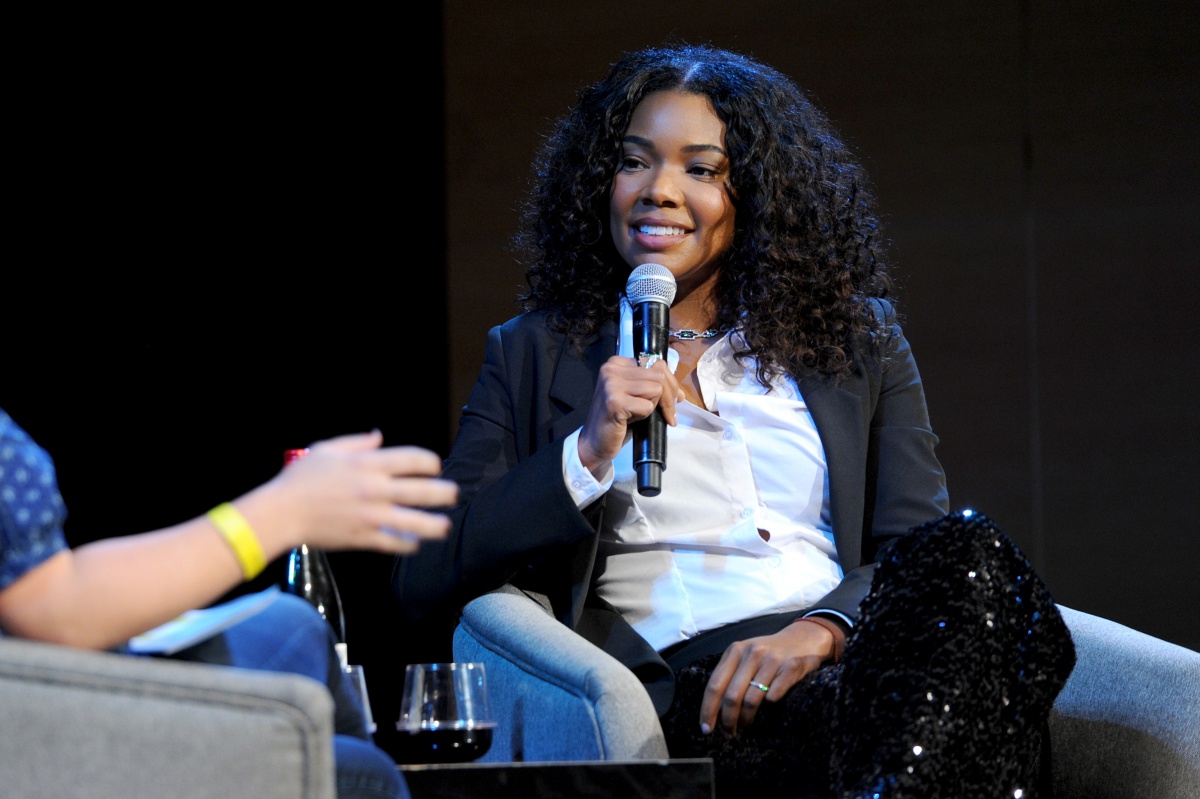
during Glamour Celebrates 2017 Women Of The Year Live Summit at Brooklyn Museum on November 13, 2017 in New York City.
Day Nine: Gabrielle Union
From 1993 to the present day, Gabrielle Union has been one of the most iconic and legendary black female actresses. I can turn on almost any black sitcom made in the 90s and if there is a black woman there, 7/10 times, Gabrielle will be there. She was even the first black woman to actually have any relevance in Friends.
With her memoir We’re Going to Need More Wine One out, as well as all of Union’s recent interviews on sexual assault, plus all my Black Panther blackness feelings, I found myself going through my memories about the role she played in my cultural identity.
One of the difficult thing about being a black female actress in Hollywood is that everyone gets instantly type-cast into a specific type of “black woman.” For Gabrielle Union, who is a dark-skinned black woman (don’t let the bad lighting fool you), she is often put in roles where she is aggressive both sexually and terms of being too goal-oriented or career motivated to “keep a man.” The level of quality really depends on who is writing the story. Sometimes you get a complex look at the conflicting ways black women are expected to be excellent, but at the same time struggle with wanting to be loved in Being Mary Jane. Other times you end up as just a mean bitch.
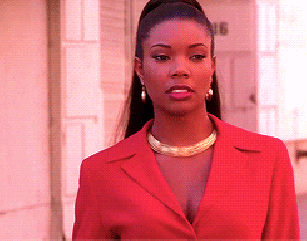
I went through a phase in my late teens where I wanted to watch a bunch romantic comedies I had been too young to watch when they first came out. Back to back I watched Love & Basketball, 10 Things I Hate About You, and Two Can Play That Game. In each one, Gabrielle Union came in playing the bitchy dark girl there to take somebody’s man.
For some reason, people are looking at Gabrielle Union and thinking “she could take my man,” which of course she could—look at those cheekbones—but it was the first time I realized that trend was a thing. Not only that, but the woman she was “up against” was usually a lighter skinned actress. Very rarely is Gabrielle Union not the darkest skinned actress in one of her movies, which is bizarre considering that when you look at the range of colors, Gabrielle Union is not that dark. Yet it speaks to the almost total absence of dark-skinned women in romantic comedies period. Even black ones.
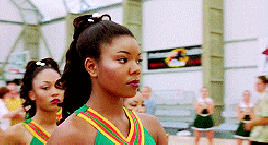
Gabrielle Union’s most well-known movie is probably Bring it On, where she plays the bad ass character of Isis, coach of the Clovers and not taking anyone’s shit. She is empowered, dominant, but very much cast in a threatening light. Don’t get me wrong, I think the movie is aware that the Clovers have the right to be mad, but they are still seen as an intimidating force. Of the Clovers given speaking roles, we see she is the darkest one and despite the fact she is not hyper-aggressive, she is very clearly framed as a bitch, even though she is in the right.
In Gabrielle Union’s first female lead project, the movie Deliver Us from Eva, she plays the character of Evangeline ‘Eva’ Dandrige in a modern adaptation of Taming of the Shrew. Eva is the shrew in question: bossy, a perfectionist, and “too difficult.” She isn’t the darkest woman in the movie, Robinne Lee plays her sister, but she encompasses all the stereotypes about “uppity” black women only to be broken down by the sexual prowess of LL Cool J.
Now, this isn’t to say that I think these moves are inherently bad, or that dark skinned women don’t ever get to have a seat at the table, I’m just saying that it’s only a few seats.
Looking at the list of the Top 25 Wealthiest Black Female Actresses, Halle Berry tops the list at $70 million. Whoopi Goldberg is number 3, which seems like not that much considering Whoopi is an EGOT, but still, she is the first dark-skinned black woman on the list, and we don’t get another one until Nia Long at 10 and Gabrielle Union at 11. While these numbers are subject to change depending on a lot of factors, the reality is that even now, in the era of Black Panther, in the already- limited opportunities for women of color, there are even fewer for darker skinned women of color.
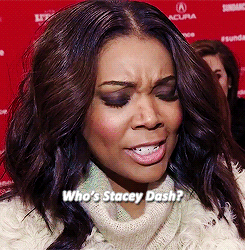
Gabrielle Union has thrived despite racism, sexism, colorism, and all the factors that can combine to make any actress sit down and wonder “how the f-is this my life.” In her memoir, she is open about her experiences and how she has raised her sons in the full knowledge of their blackness.
For years, Union has been one of the most outspoken, intellectual actresses in Hollywood, navigating really shitty situations with more consideration than many of her peers. Despite being in film/television since 1993, she didn’t get her first multi-season TV lead role until 2013’s Being Mary Jane, with BET which was canceled last year after four seasons. It’s getting a TV movie to wrap up the story.
(image: Craig Barritt/Getty Images for Glamour)
Want more stories like this? Become a subscriber and support the site!
—The Mary Sue has a strict comment policy that forbids, but is not limited to, personal insults toward anyone, hate speech, and trolling.—



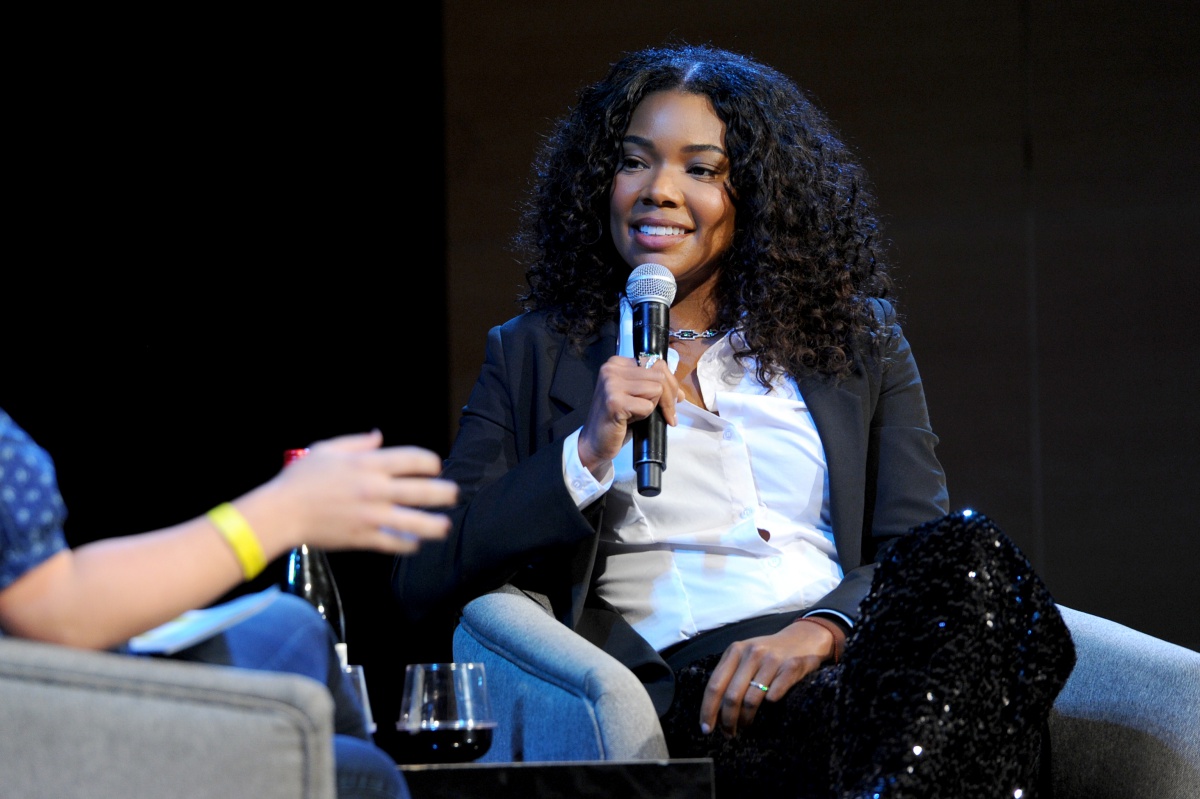






Published: Feb 9, 2018 05:19 pm